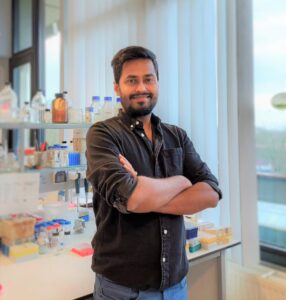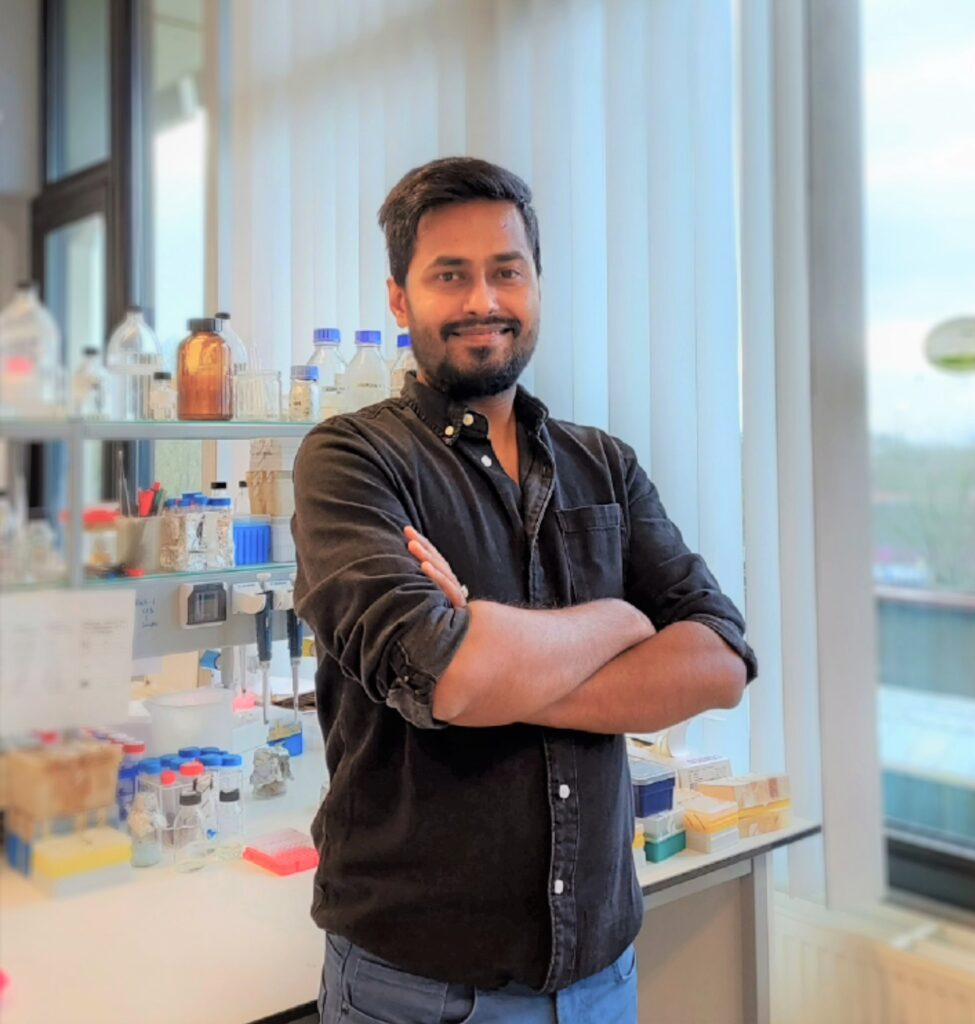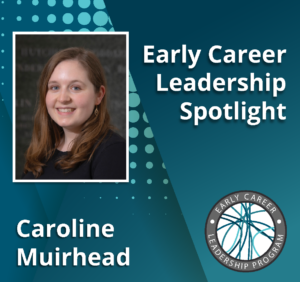We’re taking time to get to know the members of the GSA’s Early Career Scientist Committees. Join us to learn more about our early career scientist advocates

Kaushal Kumar Bhati
Early Career Scientist Community and Membership Engagement Subcommittee
Catholic University of Louvain, Belgium
Research Interest:
So far, my science journey has revolved around the improvement of crops for nutritional and stress resilience. As a result of climate change, the loss of natural diversity is happening at a very fast rate, threatening global food security. Such technologies as genome editing and rapid domestication of crops can help us solve these issues. In my research, I have contributed to very exciting scientific projects, such as reducing anti-nutrient phytic acid in wheat grain using metabolic engineering, understanding microProtein-mediated flowering regulation, and exploring microProteins as biotechnological tools.
My current research is on how autophagy can help plants survive environmental cues, such as drought. Autophagy is a ubiquitous process that recycles biomolecules from non-essential components of the cell. Autophagy progresses through autophagosomes, which carry cargo to the vacuoles (plants) or lysosomes (animals) for degradation. How cells make decisions for autophagosome initiation sites is often determined by the biological situation. Do the proteins that are deployed at the site of autophagosome initiation vary according to the type of biological stress?
We believe that having a better understanding of the proximal environment of autophagosome initiation during different stresses will help us identify the key players and determinants involved. These findings should help us identify novel targets for engineering stress-resilient plants.
As a PhD-trained scientist, you have many career options. What interests you the most?
My love for plants started very early, as I spent many wonderful times working alongside my grandfather and father on our farm and agricultural fields. I study biology because I want to understand nature and all its beauty more closely, which has transformed into wanting an in-depth understanding of biological processes.
During my time in research, I have been very privileged to have had the opportunity to work with extraordinary mentors/supervisors, as well as a supportive peer group that includes the students I supervised. They have all helped me realize my strengths: critical thinking, problem-solving, positive attitude, effective communication, meaningful connection-making, and resource management.
My career interest is to continue working to apply basic scientific knowledge to solve real-world problems. In the future, I see myself as a mentor and leader, leading a research program that focuses on using high-end approaches in plant molecular biotechnology to help with climate adaptation of plants. This goal can be accomplished in either an academic or industrial atmosphere. What I value the most is the opportunity to continue working to solve the agricultural issues that will rise as a result of climate change, while also working in a multicultural and intellectually challenging environment.
In addition to your research, how do you want to advance the scientific enterprise?
There are certain aspects of every scientist, and the most important of them are values we respect and support.
I am a strong supporter of ensuring that marginalized communities have access to quality education and information. I hope to use my position as a scientist to further this goal. For instance, I have made it a point to speak at community events in order to help develop the public’s general awareness of science.
I also want to help increase the opportunities for girls from underprivileged backgrounds to pursue STEM careers, which I believe needs to happen both by boosting the quality of science education during early childhood education and implementing policies that can support free higher education and young girls’ financial dependence on their family.
If leaders and policy influencers are intentional about reform, the issues mentioned above can be resolved. However, raising leadership consciousness is a rare trait, which is why I am working with other ECLP leaders from GSA to develop a leadership dialogue series. Recently, I also contributed to a blog about the need for leadership training in academia. This type of leadership training should become an indispensable part of PhD training and coursework.
In the future, I would like to develop curriculum ideas to make leadership/mentorship training a crucial part of PhD coursework. Early exposure to leadership training will offer a better perspective to early career researchers, affecting how they respond to everyday situations around work and societal needs. We need empathetic scientists and communicative leaders. This is how I envision science should grow.
As a leader within the Genetics Society of America, what do you hope to accomplish?
I am enjoying every part of being an early career leader in GSA’s Early Career Leadership Program. GSA has done a tremendous job of providing a voice and identity to global early career researchers. This platform has given me opportunities to work on the issues that are important to me and brainstorm with other ECLP leaders. As a co-chair of the Community and Membership Engagement subcommittee, I am able to contribute to new initiatives, such as the leadership series, seminar series, and volunteering during GSA conferences. I have even had the recent opportunity of organizing the GSA multilingual seminar series in Hindi. The discussions I’ve had during various events have been enriching and have expanded my perspective on science communication. Above all, being a GSA leader is an opportunity to meet peers and network with other international scientists in an inclusive environment. All these leadership experiences and opportunities will help me become a better leader and mentor.
Previous leadership experience
- Plantae Fellow, 2019, American Society of Plant Biologists
- Scientist Mentor, 2018-onwards, Planting Science
- Founder International Researcher Working Group, Catholic University of Louvain, Belgium
- Started science communication channel, “India Plant Science” (Twitter: @IndiaPlantSci)














